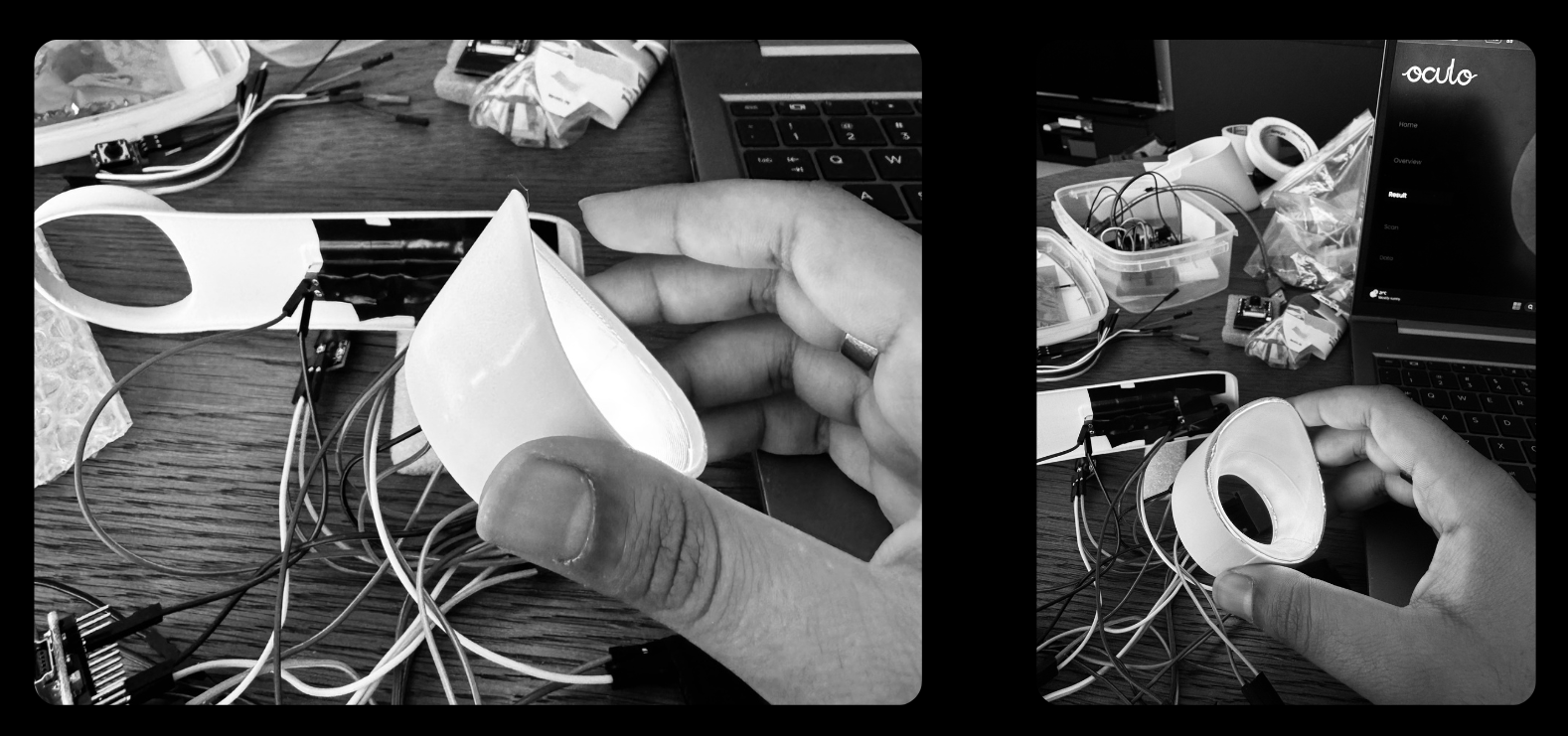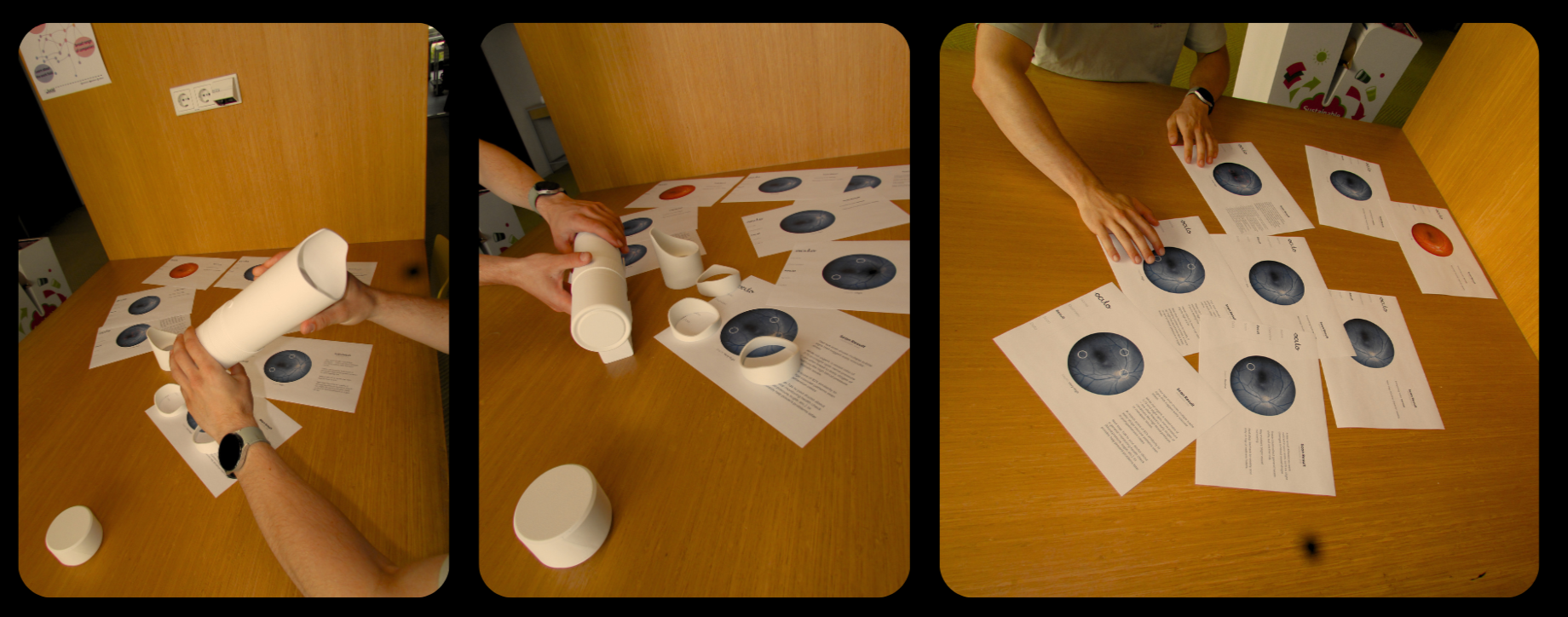Final Bachelor Project
I have done my final bachelor project, Oculo, in the Artifice squad. More specifically, in the "AI in the Home and the Everyday" theme. I designed and developed an at-home-use oculomics health monitoring device. This is aimed at reducing pressure on healthcare systems and providing early detection opportunities for high-risk patients.
The compact product design and intuitive UI were developed following a user-centered approach and third-party expert interviews. Allowing end users to feel confident while using Oculo.
To achieve the result presented on demoday, I undertook a variety of different tasks and learning methods. Especially considering the one-semester time frame of the project. I showed my capability in planning a design process, adaptability by manipulating circumstances, and limited resources, to best fit my project as it evolved.
Above all, in this project, the skills and knowledge I gained throughout my three-year Bachelor's were put to the test. Spanning across all expertise areas.


The final design of Oculo is a compact, sleek, 3D-printed handheld device, which I fully modeled in Blender to ensure both aesthetic appeal and functional integration. The form was shaped around key electronic components, allowing for seamless assembly and usability.
Throughout the process, I tested and refined the electronics in parallel with the physical design, combining my knowledge and skills within the Technology & Realization expertise area.
To support the development of an aesthetic and functional design, I used sketching throughout the process to explore form, proportions, and interaction. These sketches helped shape the overall direction of the product and served as a visual tool to communicate and iterate on ideas, strengthening my creative approach to design.



For the final design, I carefully 3D modeled each part with consideration for both aesthetics and manufacturability. Seam lines, joints, and internal structures were deliberately designed to allow for clean assembly, future disassembly, and repairability. This iterative modeling process strengthened my skills in the Creativity & Aesthetics expertise area by combining visual design with practical construction. To convey the concept, I rendered product images.
To define the problem and design direction, I conducted user research and expert interviews, which informed a clear design brief and refined user needs. I validated key aspects through user testing, ensuring usability and relevance. Additionally, I explored business viability using the Business Model Canvas, integrating the User & Society and Business & Entrepreneurship expertise areas into the foundation of the project.

Oculo’s core functionality relies on an AI-enabled model that analyzes ocular data for health monitoring. Integrating this concept seamlessly into the physical product and user interface was central to the design, ensuring a smooth interaction between user, hardware, and algorithm. This reflects the integration of the Math, Data & Computing expertise area, where I bridged machine learning functionality with tangible, user-centered design.
